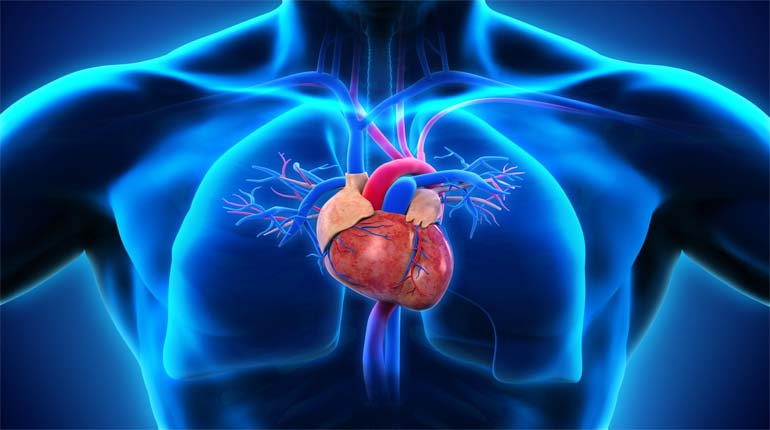Hepatobiliary Cancer
The liver continuously filters blood that circulates through the body, converting nutrients and drugs absorbed from the digestive tract into ready-to-use chemicals. The liver can be affected by primary liver cancer, which arises in the liver, or by cancer which forms in other parts of the body and then spreads to the liver.

Symptoms Of Hepatobiliary Cancer
- Nausea & Vomiting
- Abdominal bloating
- Loss of appetite
- Weakness & fatigue
Some other symptoms are swelling of abdomen (fluid in abdomen), upper abdominal pain, itching, passing white coloured stools, etc.
Risk Factor Of Hepatobiliary Cancer
- Obesity can increase the risk for hepatocellularcarcinoma
- Men are more likely to get hepatocellular carcinoma than women
- Studies have suggested a link between diabetes and liver cancer. This is likely due to the link between diabetes and fatty liver disease
- Diseases that disrupt the normal metabolism of the body have been shown to increase your risk of liver cancer
- Long-term alcohol use has been linked to an increased risk of liver cancer. Regular, heavy alcohol use can damage the liver, leading to inflammation. This, in turn, might raise the risk of liver cancer
- Studies have found a link between liver cancer and some rare diseases like alpha -1-antitrypsin deficiency, tyrosinemia, and Wilson's disease, haemochromatosis
- Patients with known cirrhosis, chronic liver disease (Hepatitis B/C, ETOH related), chronic infection HBV, HCV
- Exposure to Aflatoxins
Primary Liver Tumour
May develop new symptoms like jaundice and mass or fluid tummy from solitary to multiple, from one side to another side, or diffuse involvement of entire liver. It spreads to lungs, bones, blood vessels and lymph nodes.
Secondary (Metastatic) Tumour
Generally Stage IV tumours can involve the liver. Site of origin could be GI tract or other organ (lung, thyroid, breast, biliary tract, and pancreas). Patient with chronic liver disease should undergo screening to detect tumour at an early stage.
Treatment
The treatment for primary liver cancer patients depends on the stage of the disease as well as the person's age, overall health and personal preferences. Liver cancer treatment options may include:
- 1. Injecting chemotherapy drugs: Injecting chemotherapy drugs into the liver or Chemoembolization is a type of chemotherapy treatment that supplies strong anti-cancer drugs directly to the liver. During the procedure, chemotherapy drugs are injected into the hepatic artery the artery from which liver cancers derive their blood supply and then the artery is blocked. This serves to cut blood flow to the cancer cells and to deliver chemotherapy drugs to the cancer cells.
- 2. Radiation therapy: It uses high-powered energy beams to destroy cancer cells and shrink tumors. During radiation therapy, the patient lies down on a table and a machine directs the energy beams at a precise point on the body. Radiation therapy for liver cancer may involve a technique called stereotactic radiosurgery that simultaneously focuses many beams of radiation at one point in the body.
- 3. Targeted Drug Therapy: It works by interfering with a tumor’s ability to generate new blood vessels. They have been shown to slow or stop advanced hepatocellular carcinoma from progressing for a few months longer than with no treatment
